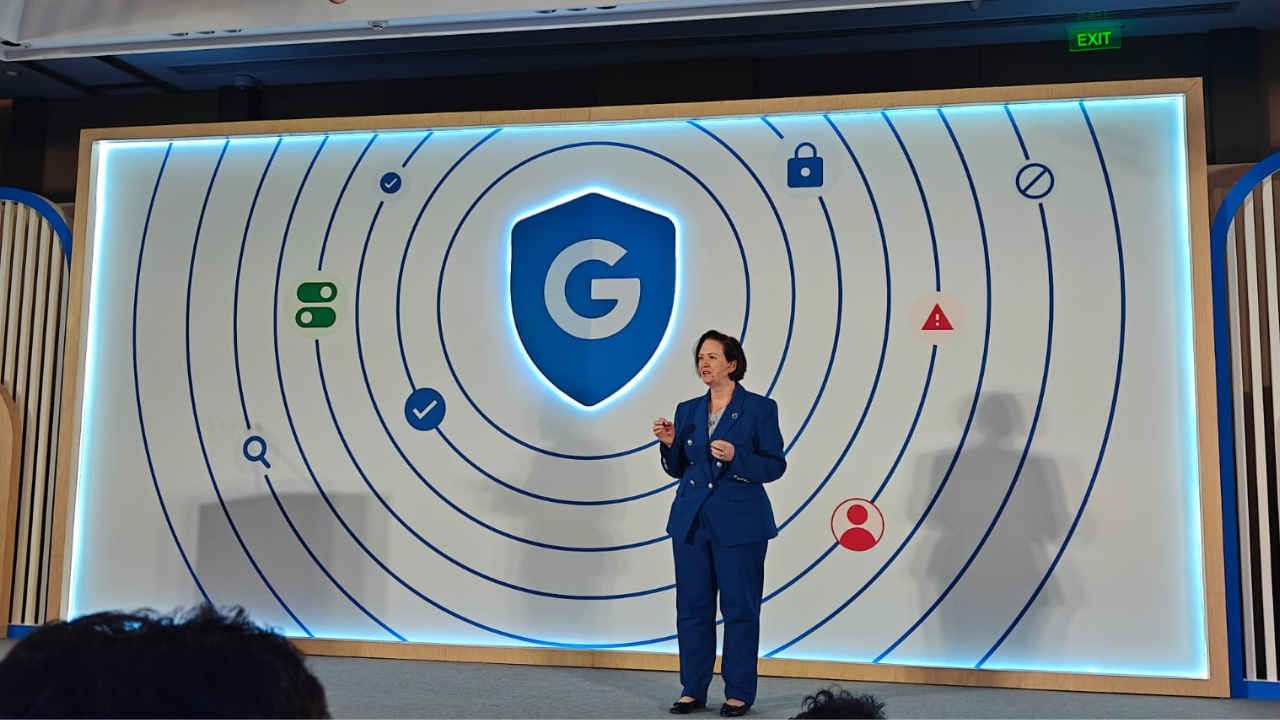As AI grows, Google introduces Safety Charter in India to fight scams and boost cybersecurity
Google says UPI-related frauds cost users over Rs 1,087 crore in 2024.
The company claims that it removed 247 million scam ads last year.
On Google Messages, AI now helps block over 500 million scam texts every month.

Google has unveiled its Safety Charter in India aimed at securing the country’s digital space as artificial intelligence (AI) becomes a bigger part of everyday life. The Safety Charter focuses on three main areas: Protecting users from online scams, strengthening cybersecurity for public and private sectors, and building AI responsibly.
 Survey
Survey“As AI proliferates deeper into our digital lives, it’s crucial that we, as responsible stewards of India’s tech industry, ensure that the trust reposed by users in India’s digital ecosystem remains unchanged,” Google announced. “Towards this, we’re excited to share Google’s Safety Charter for India’s AI-led transformation.”
How Google is tackling online frauds and scams
Online frauds in India are becoming more advanced with scammers using tools like deepfake videos and AI-generated voice clones. Google says UPI-related frauds alone cost users over Rs 1,087 crore in 2024, and this could increase sharply if not tackled.
To address this, Google is expanding its DigiKavach program which detects scams, raises awareness and protects users from fraud. So far, this initiative has reached 177 million people, helping them identify emerging fraud tactics. Building on this momentum, Google has now partnered with the Indian Cyber Crime Coordination Centre (I4C) to further boost user awareness.
The company claims that it removed 247 million scam ads and suspended 2.9 million accounts for violating Google ads policies last year. On Google Messages, AI now helps block over 500 million scam texts every month. On Google Pay, 41 million scam warnings have been issued to Indian users. Meanwhile, Google Play Protect stopped 6 crore high-risk app downloads since its India rollout in 2024.
Also read: OpenAI rolls out ChatGPT image generation tool to WhatsApp: Here’s how you can use it
How Google is boosting cybersecurity measures
Google revealed that its Project Zero team discovered a previously unknown, exploitable vulnerability in SQLite. Additionally, the company is collaborating with IIT Madras on Post-Quantum Cryptography to improve online privacy and data protection for the future.
“Through Google.org, we are providing US$5 million in support to The Asia Foundation (in addition to an earlier funding of $15 million) to expand the APAC Cybersecurity Fund’s reach, enabling the pilot of more than 10 new cybersecurity clinics, including strategic partnerships with Indian universities to strengthen the cybersecurity capabilities of local MSMEs and students,” the tech giant added.
Google commits to responsible AI development
Google says it’s embedding responsible AI practices across its products. This includes testing AI models thoroughly, using tools like SynthID to watermark AI-generated content and labeling AI-created images and videos.
“Google’s Safety Charter for India’s AI-led transformation is our attempt to share how we are leveraging AI’s incredible potential to secure the foundation of India’s digital economy: trust,” the company said.
Ayushi Jain
Ayushi works as Chief Copy Editor at Digit, covering everything from breaking tech news to in-depth smartphone reviews. Prior to Digit, she was part of the editorial team at IANS. View Full Profile